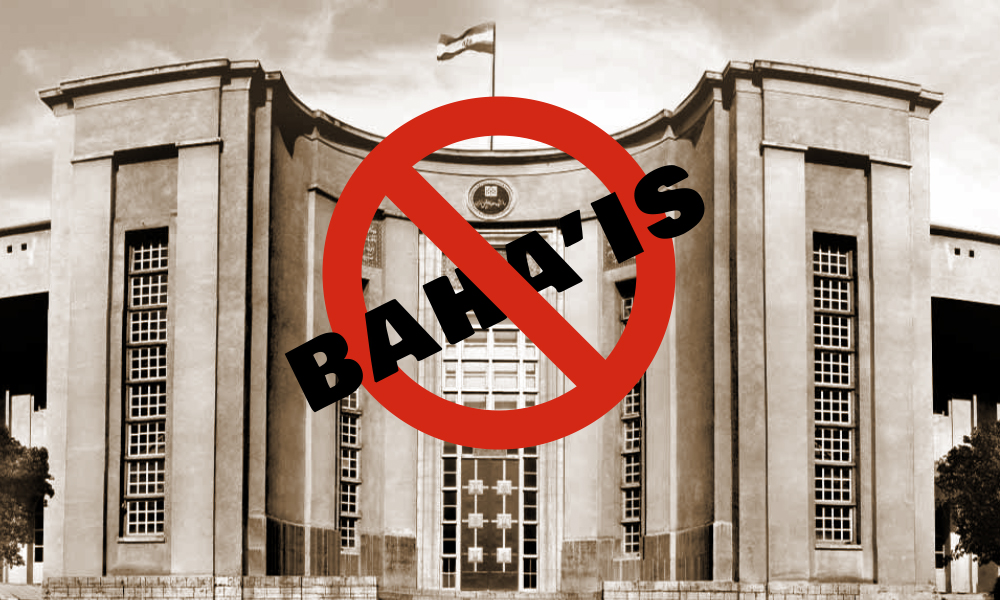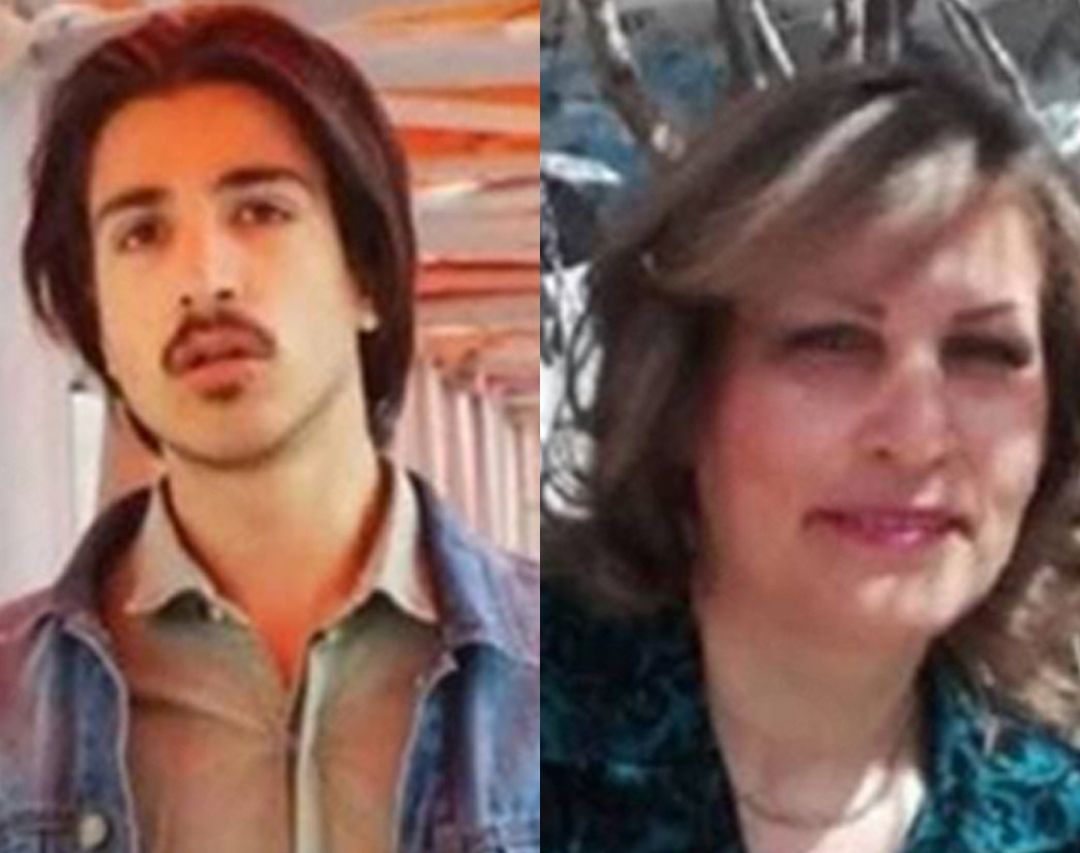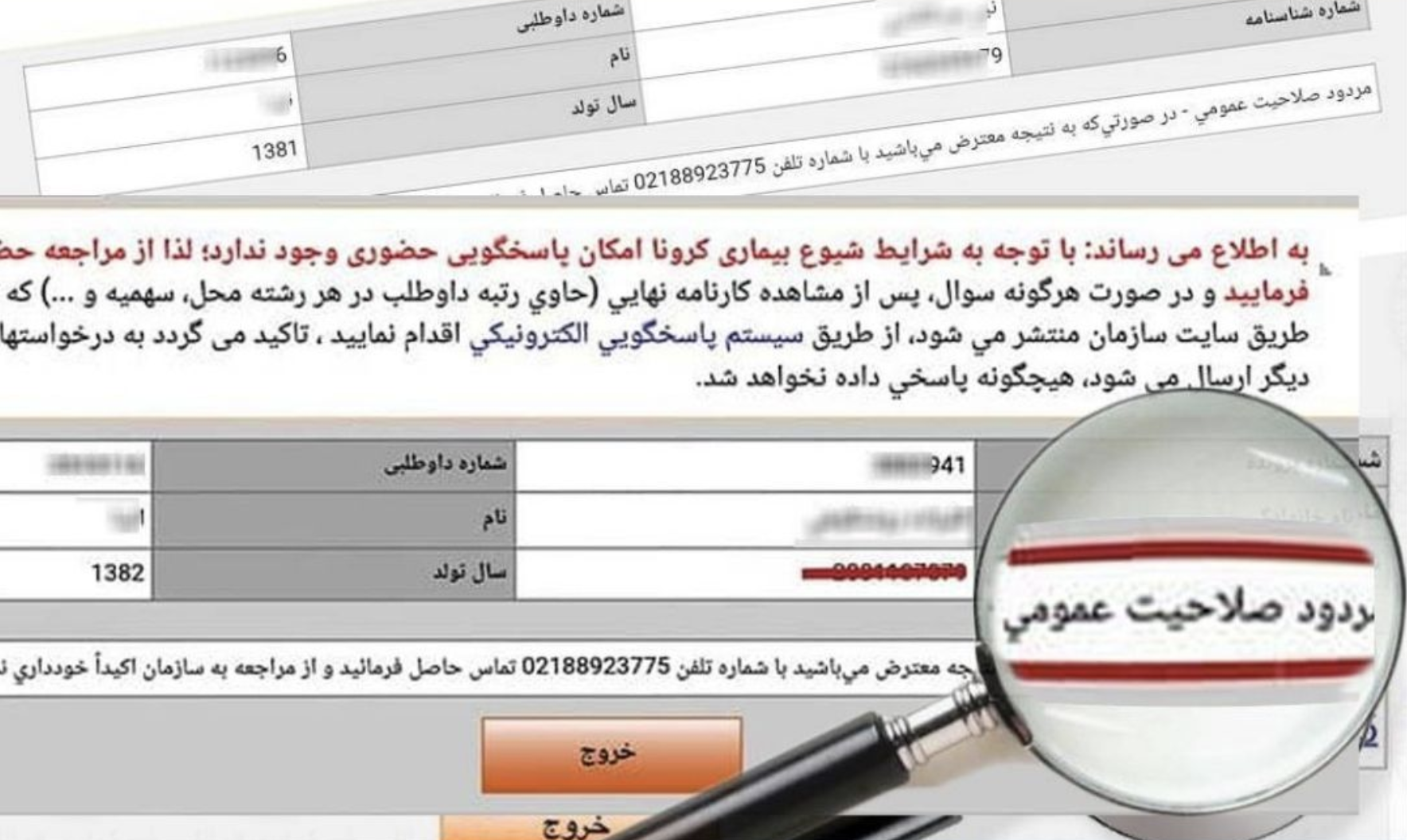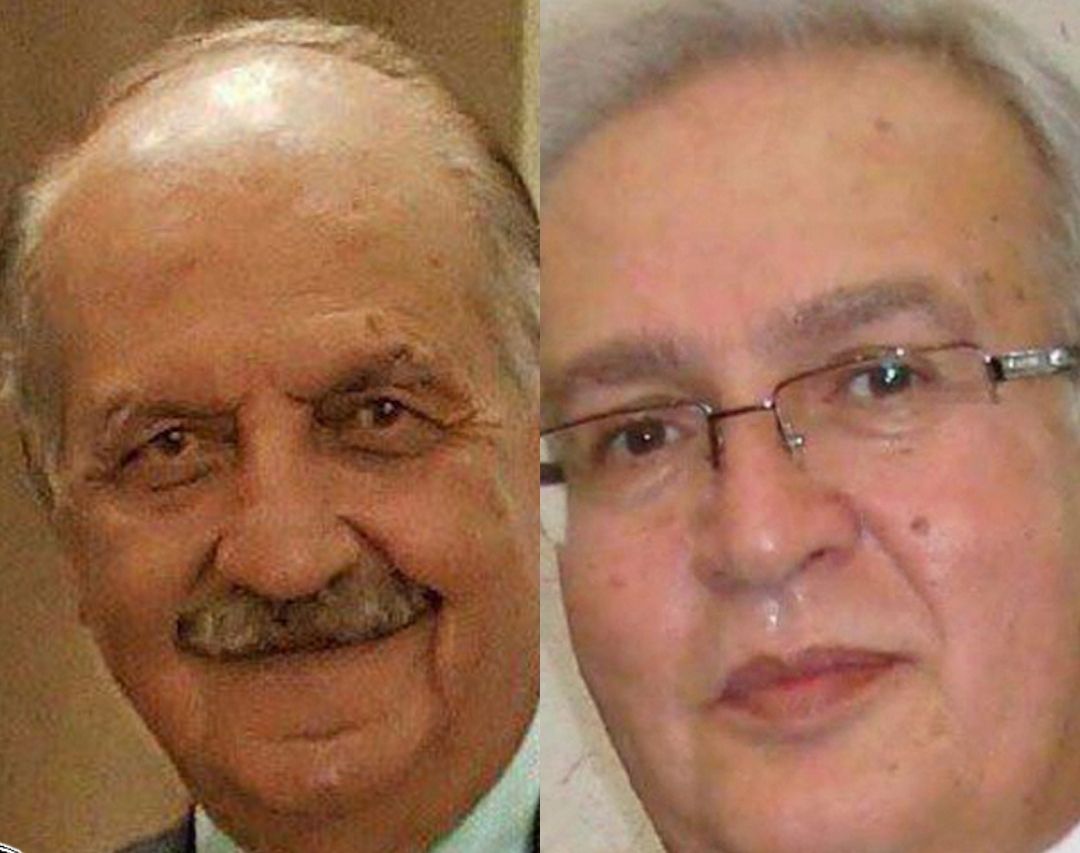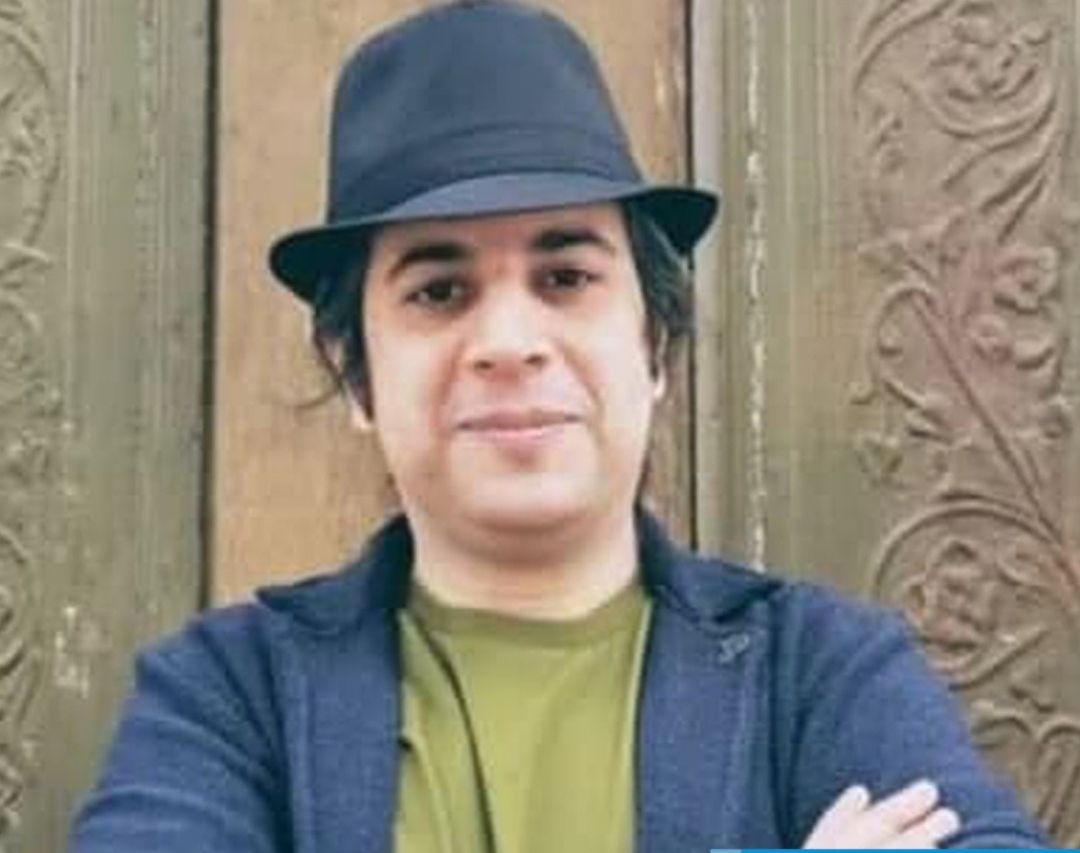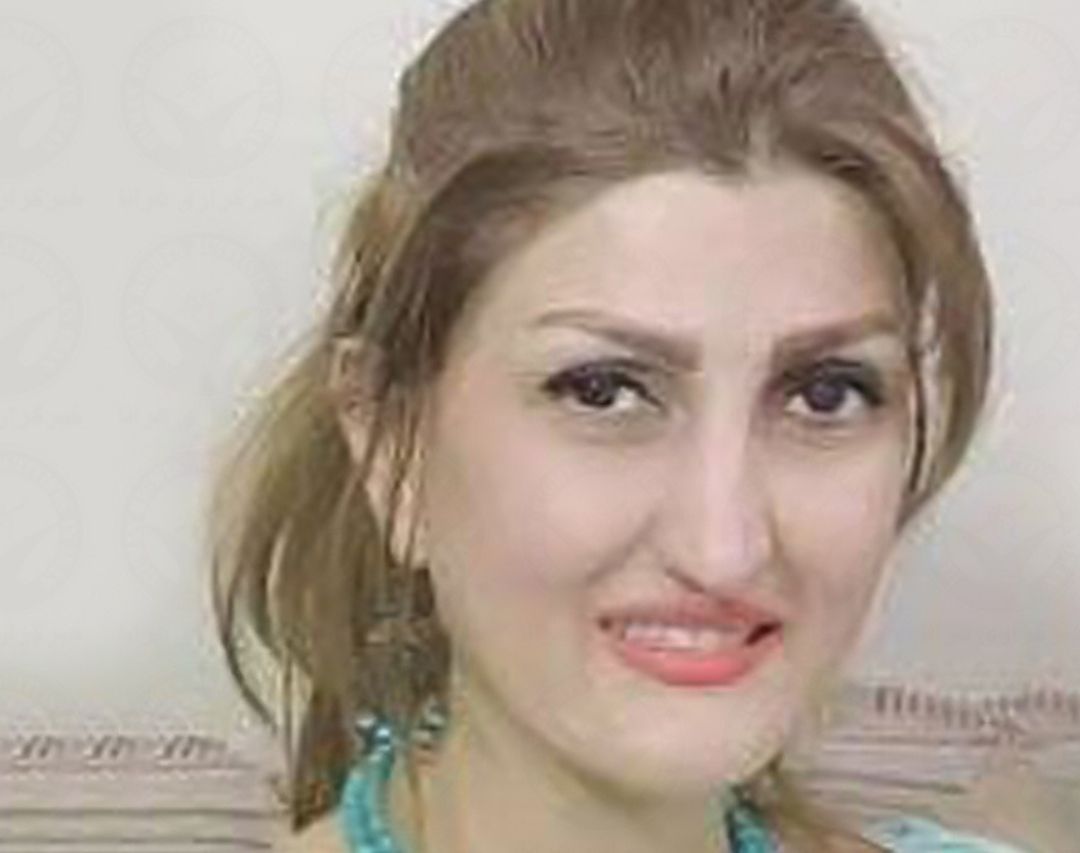On Monday, October 11, Baha’i citizen Sheida Taeed, a resident of Qaemshahr city in Mazandaran Province, was released on a bail of 900 million Tomans (approx 33,000 dollars) from a security detention center in this city.
According to HRANA, the news agency of Human Rights Activists, Taeed had been arrested by security forces at her home on September 23, 2021, and then transferred to an unknown location. During the arrest, officers inspected her home and confiscated a number of her belongings, including her cell phone, electronics, books, photographs, and manuscripts.
According to an informed source, the security forces initially put Farideh Taeed, Sheida’s elderly mother, in the car as well, and dropped her off somewhere along the road.
Sheida Taeed had been detained and convicted once before because of her faith. She was arrested in the city of Noor in January of 2013 and was finally sentenced to one year in prison in 2015, which she served out in Babol Prison.
According to unofficial reports, by estimated there are more than 300,000 Baha’is in Iran. While the constitution recognizes Islam, Christianity, Judaism, and Zoroastrianism as accepted religions (People of Book, as articulated in Sharia law), it denies recognizing the Baha’i faith, which conclusively leads to the systematic violation of their rights.
Baha’i citizens are denied the right to exercise their religion. This systematic deprivation stands in violation of Article 18 of the Universal Declaration of Human Rights and Article 18 of the International Covenant on Civil and Political Rights, which both affirm that everyone has the right to freedom of thought, conscience, and religion.





